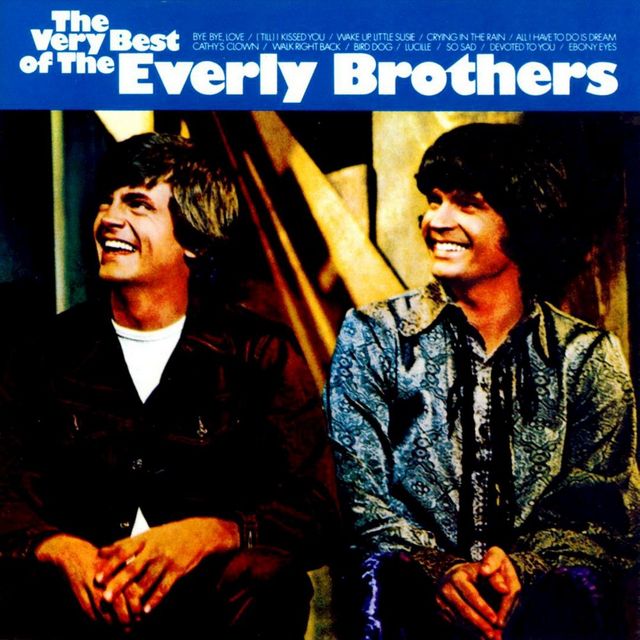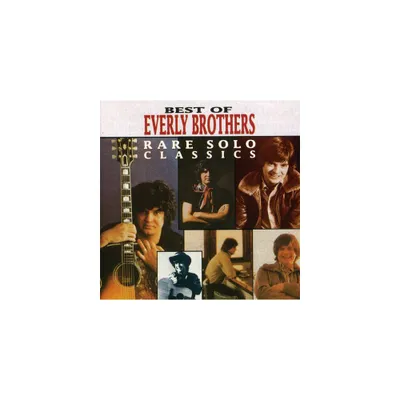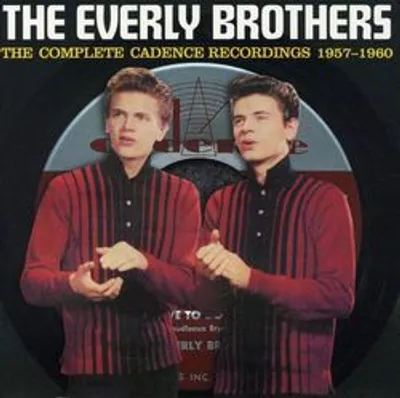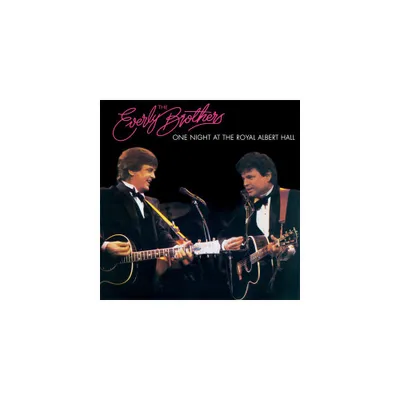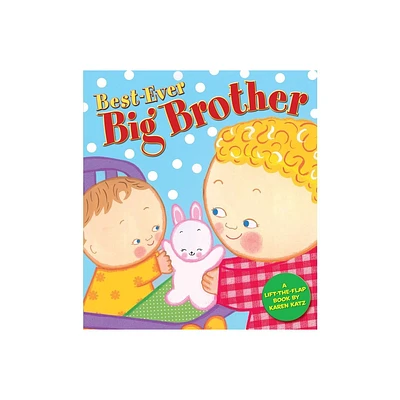Home
Best of the Everly Brothers: Rare Solo Classics
Loading Inventory...
Barnes and Noble
Best of the Everly Brothers: Rare Solo Classics
Current price: $15.99
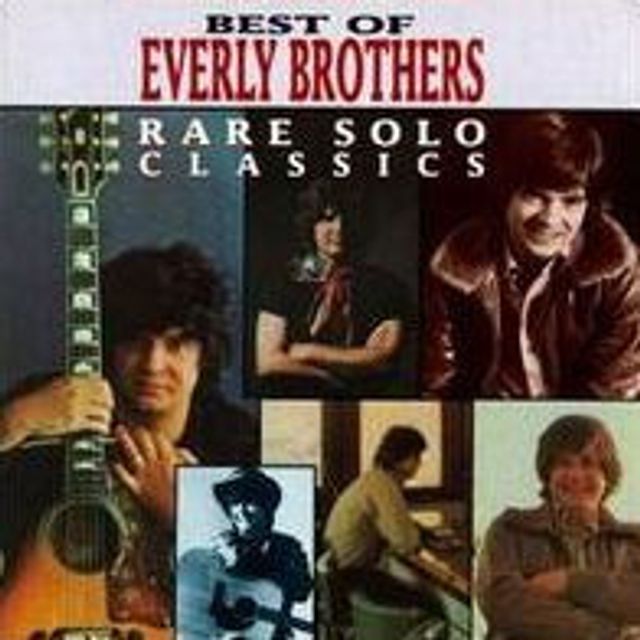

Barnes and Noble
Best of the Everly Brothers: Rare Solo Classics
Current price: $15.99
Loading Inventory...
Size: OS
*Product Information may vary - to confirm product availability, pricing, and additional information please contact Barnes and Noble
Between their breakup in 1973 and their reunion in 1983,
Don
and
Phil Everly
did a lot of recording on their own without achieving much in the way of commercial success, though
Phil
did reach the U.K. Top Ten in a duet with
Cliff Richard
on the excellent
"She Means Nothing to Me"
in 1983. You won't find that song here, but you will find 18 performances in 50 minutes of songs mostly released on singles -- by
on
Hickory Records
in 1976-1977, by
Curb Records
in 1980-1981. There's more of
(who made the 1977
Brother Juke Box
album for
Hickory
) than there is of
, but the tracks are all mixed up, the singers are not identified on the jacket, and we bet you'll have trouble telling them apart. One hint:
, freed of the brotherly harmonies, usually likes to sing solo lead against backup choruses, while
often re-creates brother-like duo vocals. In either case, the brothers separately pursued a country-rock-pop style similar to what they did together. There are some good performances here, but as you might expect, this is a record more for
Everly
fans than first-time listeners. ~ William Ruhlmann
Don
and
Phil Everly
did a lot of recording on their own without achieving much in the way of commercial success, though
Phil
did reach the U.K. Top Ten in a duet with
Cliff Richard
on the excellent
"She Means Nothing to Me"
in 1983. You won't find that song here, but you will find 18 performances in 50 minutes of songs mostly released on singles -- by
on
Hickory Records
in 1976-1977, by
Curb Records
in 1980-1981. There's more of
(who made the 1977
Brother Juke Box
album for
Hickory
) than there is of
, but the tracks are all mixed up, the singers are not identified on the jacket, and we bet you'll have trouble telling them apart. One hint:
, freed of the brotherly harmonies, usually likes to sing solo lead against backup choruses, while
often re-creates brother-like duo vocals. In either case, the brothers separately pursued a country-rock-pop style similar to what they did together. There are some good performances here, but as you might expect, this is a record more for
Everly
fans than first-time listeners. ~ William Ruhlmann
